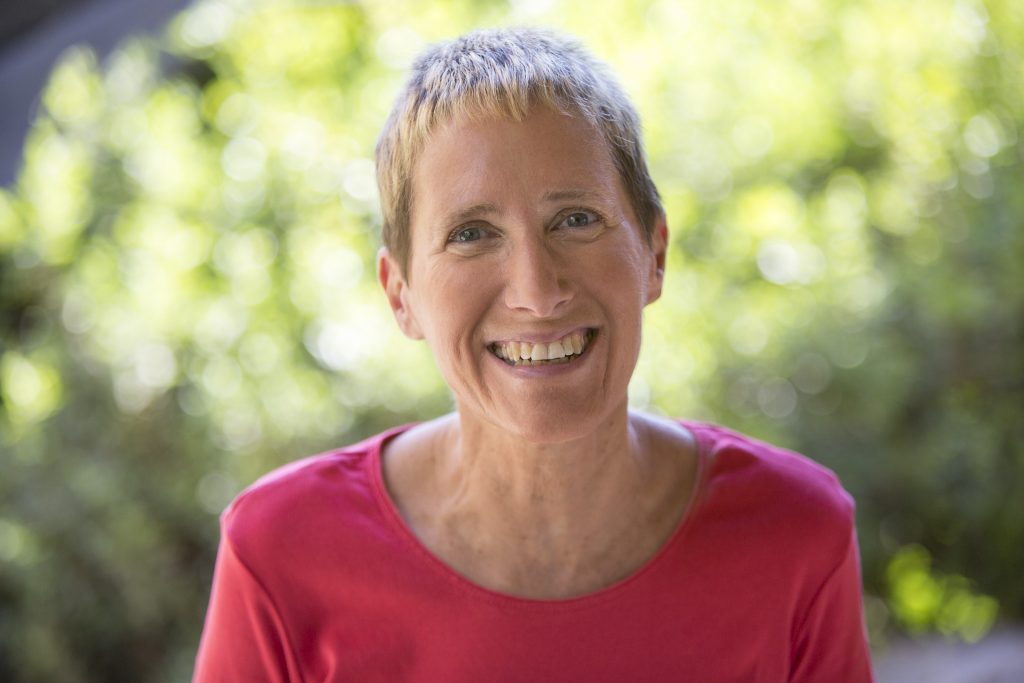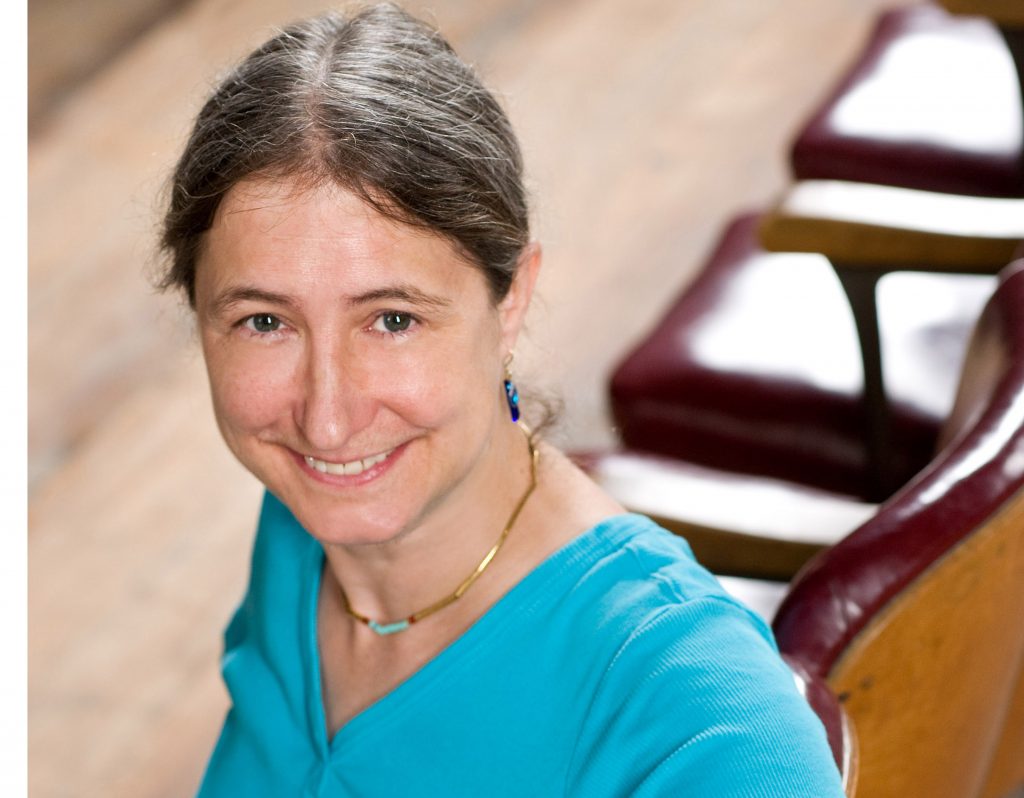
When tasked with conceiving a new business for their Introduction to Entrepreneurship class, five Carolina students decided to tap into the annoyance that many college students face — doing laundry in their residence halls.
“Whenever you take your clothes out, sometimes they’re not dry enough or sometimes they’re too hot so they shrink,” said Nicolas Schwartz, a sophomore and member of the five-student team. “Another problem is people come and take your clothes out of your dryer. Everyone hates it. Everyone dreads it.”
To tackle the irritation, the group launched LaundrFi, a company whose product of the same name aims to bring outdated dryers into the 21st century by wirelessly connecting them to a smartphone app that provides up-to-date status on the laundry.
The team will now pit their idea against those by the top student-entrepreneurs in the Atlantic Coast Conference as LaundrFi represents the University of North Carolina at Chapel Hill at the ACC InVenture Prize competition March 30 and 31.
Held annually at Georgia Tech, teams from all 15 ACC universities vie for $30,000 of prize money in the innovation pitch competition that is judged by experienced entrepreneurs and investors.
Old problem, new idea
LaundrFi has been in the works since late August, when Schwartz, Allen Cater, Ellie Dannenberg, Ela Hazar and Hanna Hepburn teamed up for their Econ 125 semester-long project.
Designed to teach students to think like entrepreneurs, the class challenged the students to create a new business and pitch it to the class. The students were divided into teams and an entrepreneurship coach helped guide them through the process.
In an early brainstorm with their coach, Cater pitched his idea to find a way to improve the laundry process in residence halls. Not only would the idea work well for the class project, but it would also solve a problem he personally had with the chore.
“I got tired of waiting,” said Cater, a member of the Carolina football team and first-year sports administration major. “I was just trying to find the best idea possible.”
Throughout the semester, the team developed LaundrFi, which became a portable moisture-detecting device that could be placed into campus dryers and connect to an app. The sensor not only stops the drying process the moment the items are dry, but also alerts users when their clothes are ready, saving time, money and energy.
“We know that the technology exists for the new $3,000 dryer that most college students can’t afford,” said Schwartz, a sophomore statistics and operations research major. “Since universities have the same white, 1950s dryer, we’re just trying to get those old dryers and make them into 21st century dryers that stop as soon as the clothes are fully dry.”
When the class ended in December, the team wasn’t ready to quit on the idea. They wanted to take it to the next level, leveraging the resoures Carolina has to help them.
Developing the pitch
Their coach from class told them about the ACC InVenture Prize, where their idea could be critiqued against some of the best from 15 universities. After a business pitch to Innovate Carolina, LaundrFi was selected to represent UNC-Chapel Hill at the competition.
“We were looking for something that had a good bottom line — as any potential company should — that we felt could be successful and would have a positive impact on the environment,” said Sheryl Waddell, program director of the Innovate Carolina Global Network.
Over the past two months, the team developed a 3-D model of their device and worked to transform a classroom pitch for college students to one aimed at adult investors.
At the competition, the team will present a short pitch to the judges. The top five teams will advance to the final round on March 31, which be broadcasted online.
“We’ve definitely put in a lot of work and we’re very confident in our idea,” said Hepburn, a sophomore advertising and political science major. “We think it’s going to go really well. We’re hoping to get the best feedback we can. That’s the best way to figure out if your idea is going to go somewhere — feedback from experienced people.”
By Brandon Bieltz, University Communications




